We spoke to Dr Kim Barbour, Senior Lecturer in the Media Department at the University of Adelaide, to answer international students’ most frequently asked questions about studying online during the COVID-19 pandemic.
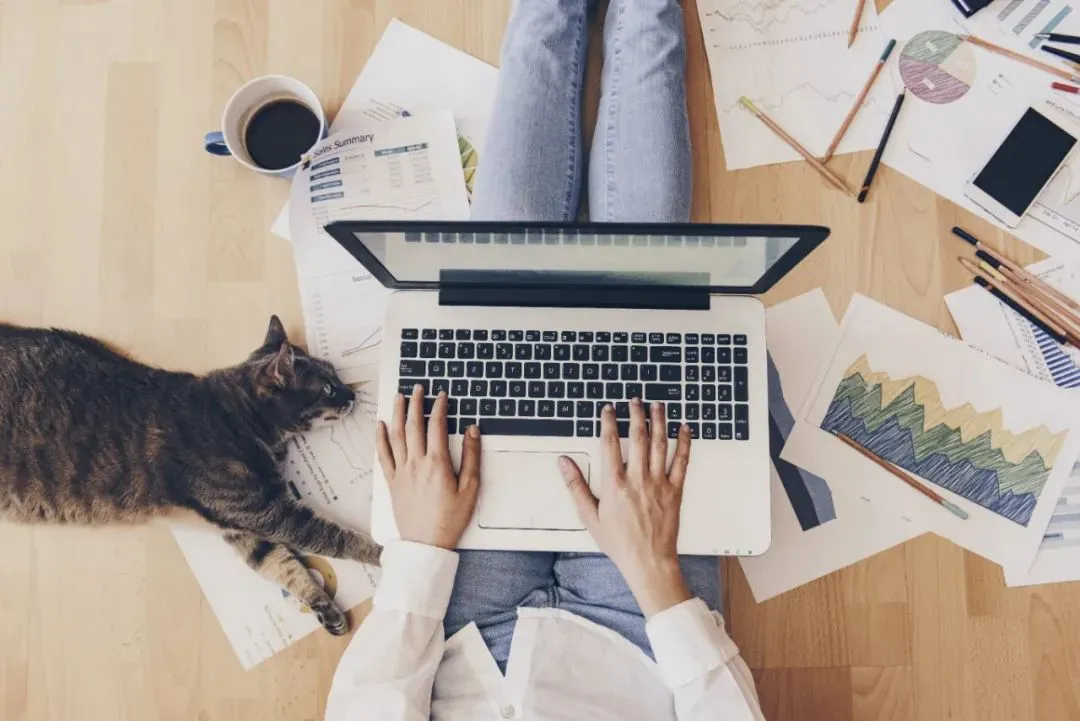
Set a regular, daily timetable
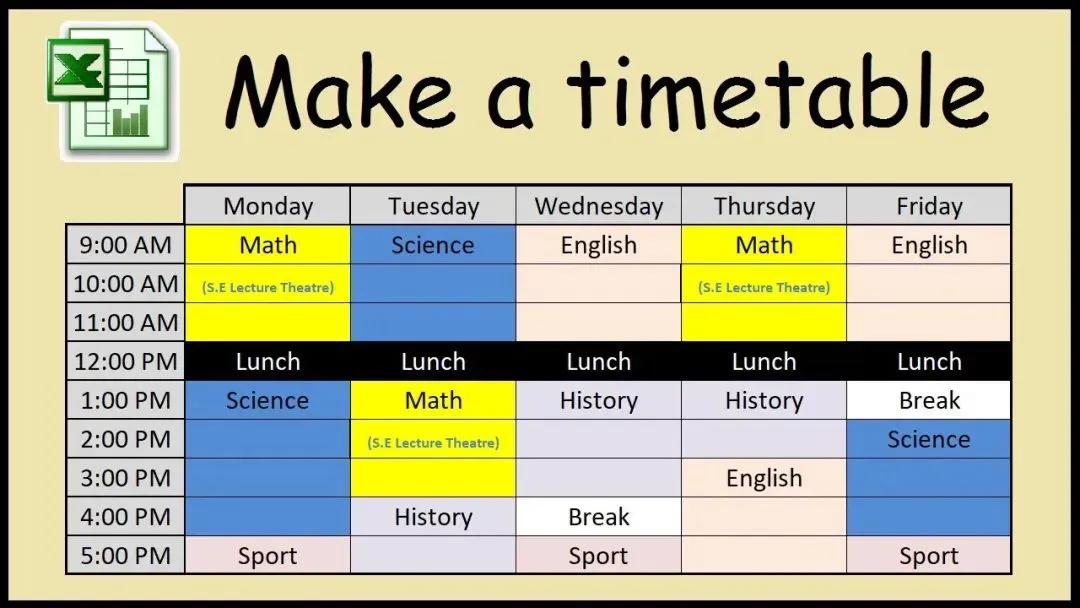
Take breaks
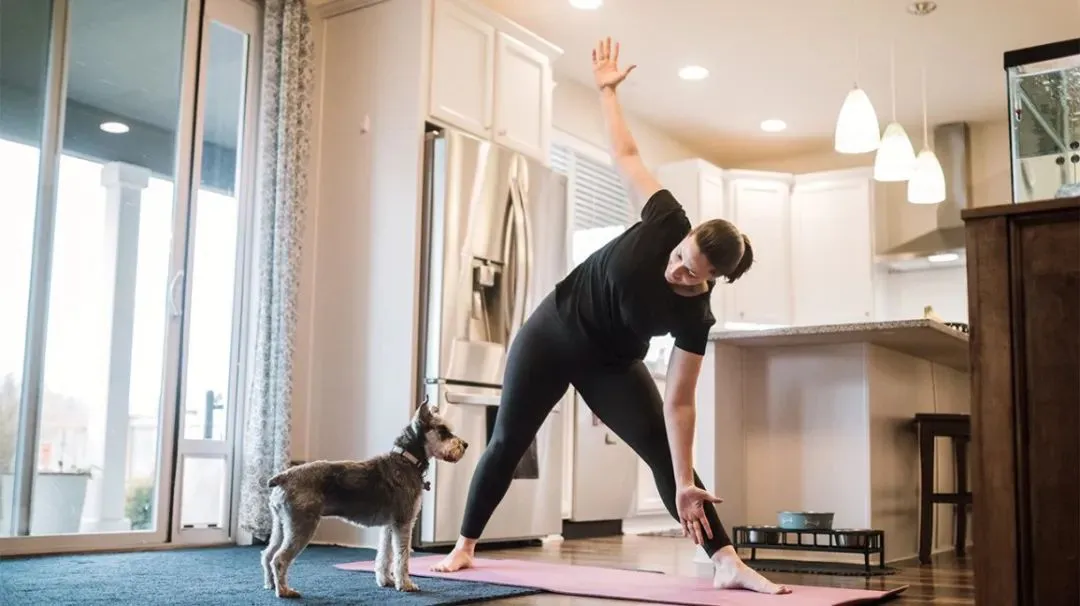
Take notes (by hand!) during online lectures
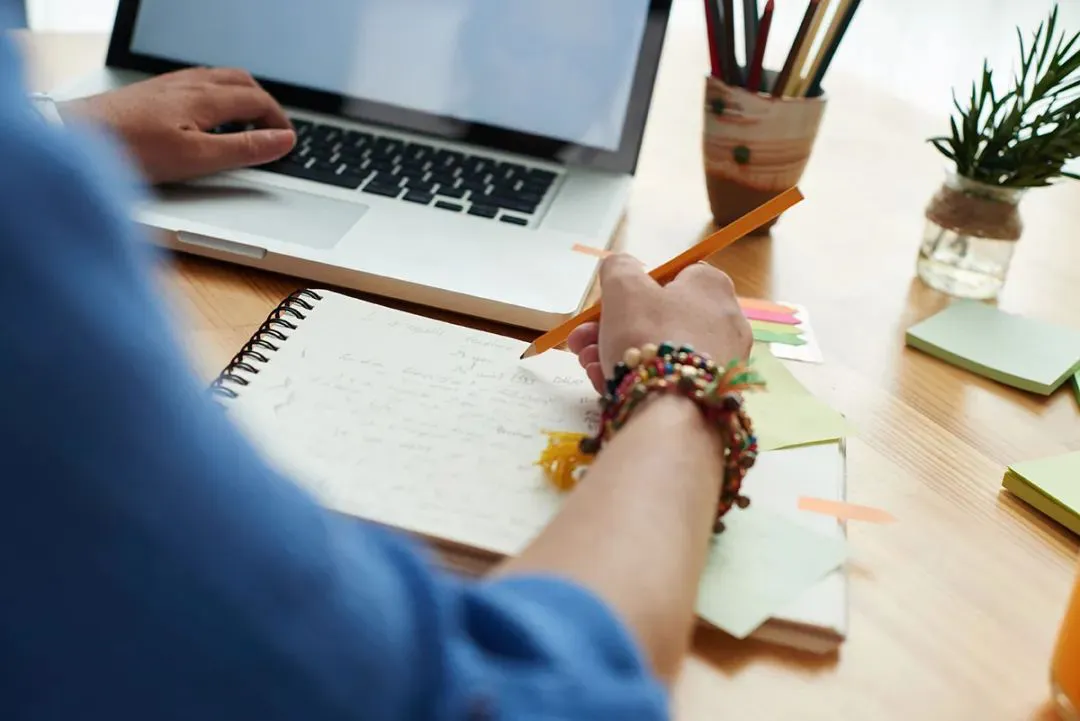
Don’t just write down what’s on the slides, but also write down what the teacher, lecturer or presenter is talking about as well. If you do have an asynchronous lecture, use the pause button. As you’re watching, pause, go back and look again. You can rewind and relisten – if you need to take an extra moment to write down some extra notes you can do that. If you’re getting your lectures live – so you’re, for example, in a Zoom classroom where you’re watching your lecturer and you aren’t able to press pause as you’re watching – take notes. This will really help you focus.
I really recommend taking those notes by hand, rather than typing. There’s something about the process of writing that helps embed knowledge in our brain in a different way. If you are somebody who needs to or prefers to type, do it on a different device so that you’re not sharing a screen, so you’re looking up and looking away – this will help reduce eye strain a little too.
Create a dedicated study space
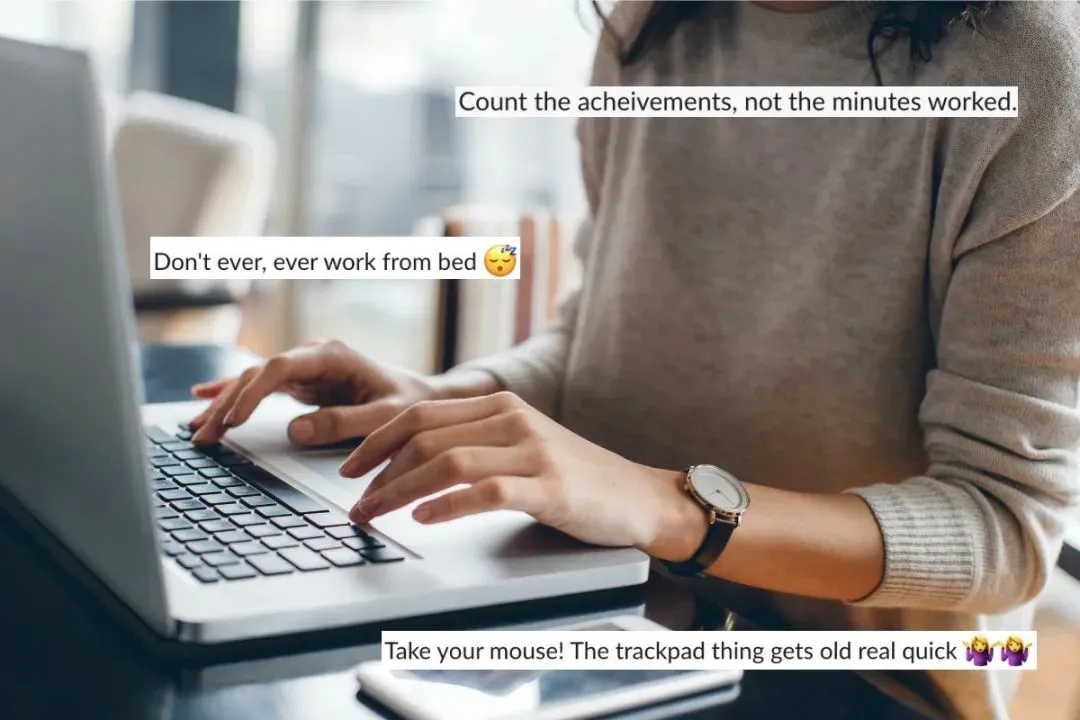
Be healthy
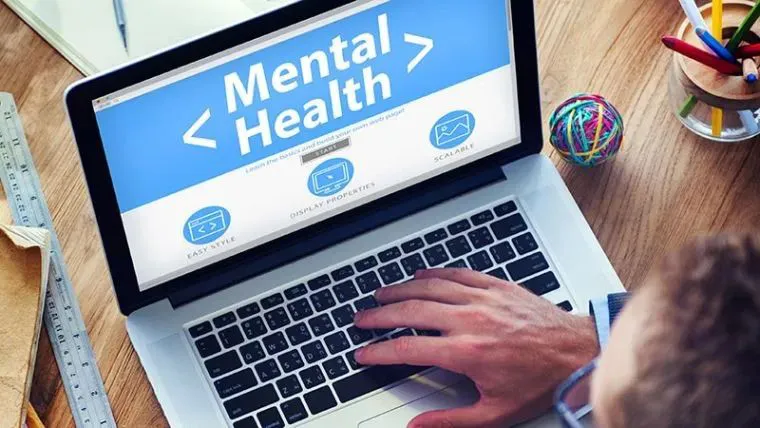
[Make] sure that you’re eating and breaking regularly, that you’re getting a little bit of exercise if you can, whether it’s following an exercise trainer on YouTube and doing some routines with them, or whatever you can do in your own space to look after yourself. If you are able to get outside for a walk, then that’s a fantastic thing to do as well.
Set time to do other things
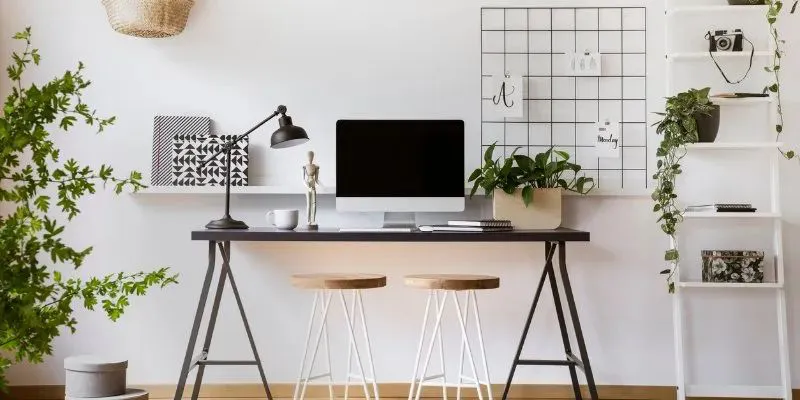
Another thing that I’d really encourage is not studying all the time – give yourself time to do other things. It might feel like you have an awful lot to do, [but] do give yourself a break. Watch films, call family if you can, chat to other people about other things.
Speak to friends
If you make friends in your class online, set up a group chat somewhere where you don’t talk about study, so that you’re having an opportunity to socialise. Even if it is online socialisation, that’s fantastic, too! We’re making the best of what can be a really difficult situation and so we find workarounds. A really great workaround is finding a way to socialise outside of a study setting, so that you’re looking after yourself, and you’re not getting too isolated, even if you’re not seeing people on a day-to-day basis.
Look after yourself
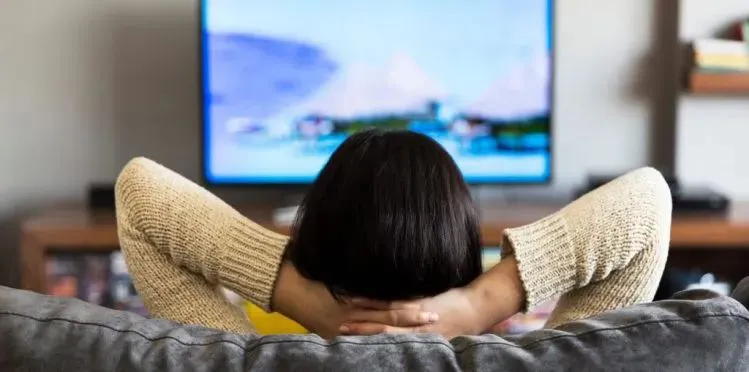
A really top, general tip that I’ve got for you is that it’s OK to be frustrated or angry or sad about the situation, but it is what it is, so we’re making the best of it. That means engaging with all of the content that you’re being provided, looking after yourself as best as you can and making connections with other people however you can, so do make sure that you do all of that stuff. Look after yourself. We’ll get through this situation and come out the other side and you’ll hopefully be back to normal before you know it.





